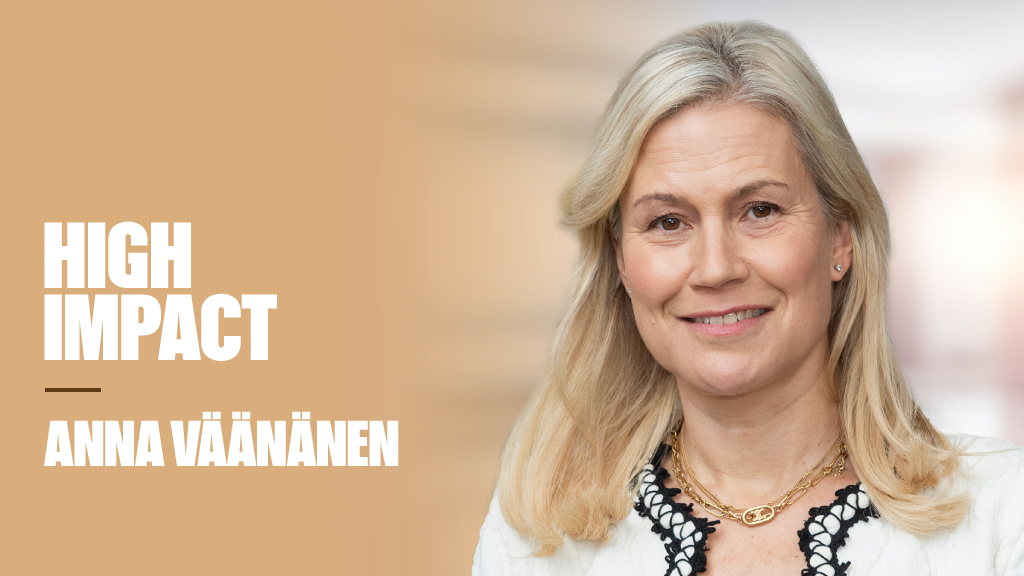The same survey – of 222 panellists with some $591bn AUM – found belief in global economic growth has moderated, 56% expected strengthening in the coming 12 months, down from 75% last month.
Still, investors remain largely bullish. However, what is stopping them from investing it seems is current valuations, particularly in developed markets.
While cash levels accumulate in investors’ portfolios, the survey has found a new record number of investors demanding corporates put their cash to work in the real economy.
Eclipsing records
“The proportion of investors saying that companies are underinvesting has climbed to 69%, thereby eclipsing the record set one month ago of 67%,” it read.
“Furthermore the gap, or spread, between investors wanting corporate to increase capital expenditure (capex) rather than return cash to shareholders remains at a record high. 58% of investors want to see more capex, while 25% opt for dividends and buybacks – a spread of 33 percentage points.”
The survey data also indicates that investors will be more likely to commit cash when they see capex rising and stimulating economic growth.
So if investors are still and large happy to buy risk assets, where is the money going? The answer it seems is Europe, where optimism has “reached new highs” – a net 40% say it is the region they most want to overweight.
“Optimism on the eurozone is strong; the profit outlook is the highest since September 2007,” says the bank’s chief investment strategist Michael Hartnett.
Higher growth means higher rates
“And consensus thinks higher growth means higher rates: just 5% think long-term yields will fall next 12 months.”
So will this optimism still be in place by the summer? Charles Younes, an analyst at FE Research is not sure.
“It’s far more difficult predicting what will happen to Europe compared to the UK, because while data has improved the situation is far different. There is still talk of negative interest rates and possible deflation,” he says.
“Given the uncertainty that’s out there, my gut feeling is that stronger large-cap franchises will continue to attract the bulk of money, but that said the cheapness of the peripheries and more cyclical areas means that any flows of money could have a big effect. It’s a very hard one to call.”










